Date Range
The professional training program on “Collaborative Forest Management (CFM) for Sustainable Landscape Restoration” was initiated from the Sustainable Forests & Livelihoods (SUFAL) Project under Bangladesh Forest Department (BFD) with focus on transfer of knowledge, attitude, skill and efficiency (KASE) among the Forestry Officials of Bangladesh in the area of CFM and its implication for landscape restoration. The three (03) months long program was equipped with classroom sessions, exposure visits and research studies for the forestry officials of who are contributing to the SUFAL project with different capacities, roles and responsibilities and was implemented by AIT Extension of the Asian Institute of Technology (AIT) based in Thailand during 12 May – 10 August 2022. The program was held at AIT Main Campus in Pathum Thani, and relevant filed visits were conducted in provinces with focusing various management practices of forest ecosystems from south to the north of Thailand.
This was a demand-driven program designed for practitioners and professionals engaged in the Forestry sector. The focus of this overseas training program was towards experiential learning that covered sharing of experiences combining study and exposure visits along with technical input sessions. The content of this professional training program covered 07 Modules, each with a duration of 01-02 Weeks. Each week consists of approximately 30 hours of work including technical input sessions, individual studies, assignments, group research/work, field/organization visits, and presentations. The overall course contents were proposed under seven key modules. This training program was designed to upgrade the forestry officials in their institutional and managerial capacity development on institutionalizing CFM activities, restoration of degraded forests, coastal green belt and field infrastructure, increasing access to alternative income generating activities through CFM based restoration program and achieve sustainability. By the end of this three months training program and research study, participants might have improved their knowledge, skills and understanding on the following key areas:
- Sustaining forest landscapes through local partnerships
- Combatting hunger and climate change through CFM
- Empowering local communities to become effective and environmentally conscious natural resource-based entrepreneurs
- Site-specific management planning for the activities on livelihoods diversification
- Establishment of an institutional framework and rules for CFM
- Identification of policy and regulatory measures to strengthen collaboration with communities in different ecosystems
- Identification of the most forest dependent communities where the restoration project is able to develop CFM committees
- Extent of degradation and suitability for restoration
- Feasibility of community participation in afforestation/reforestation program
- Restoration and protection of natural habitats for the alleviation of human-wildlife conflict
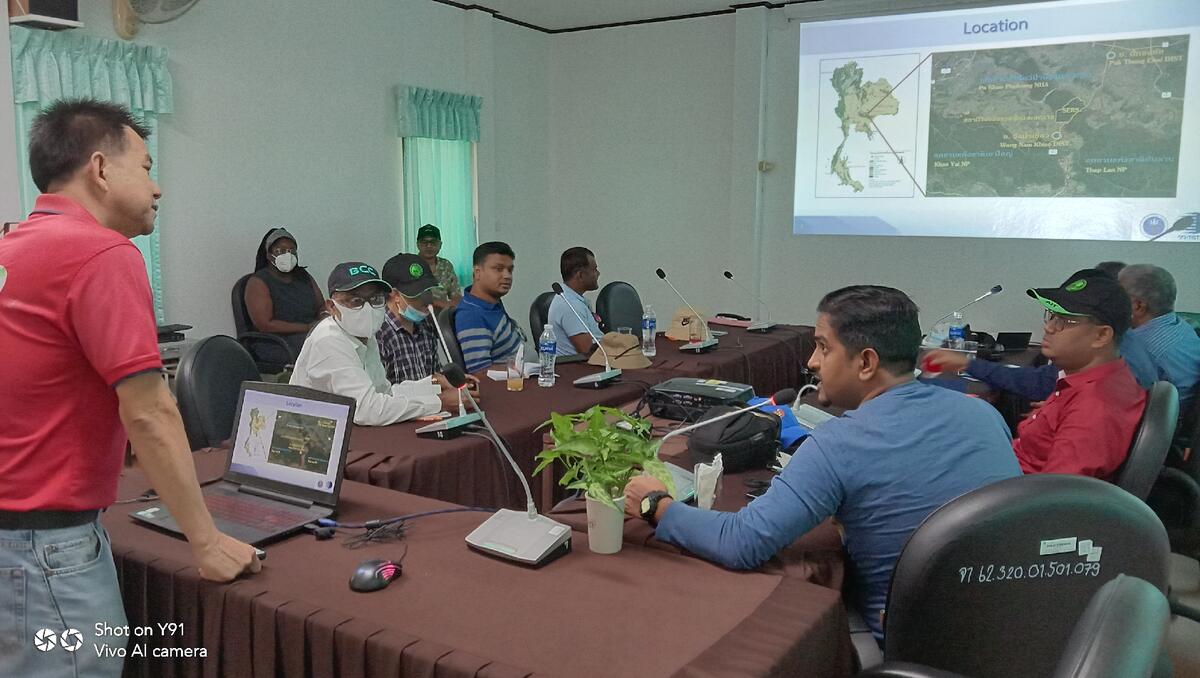 |
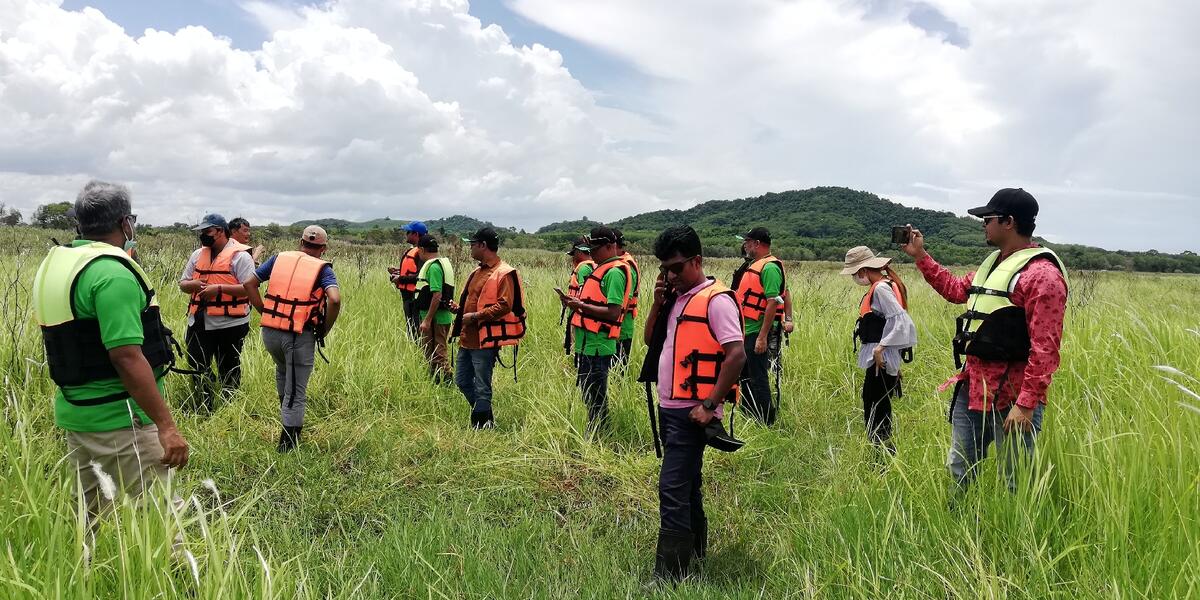 |
 |
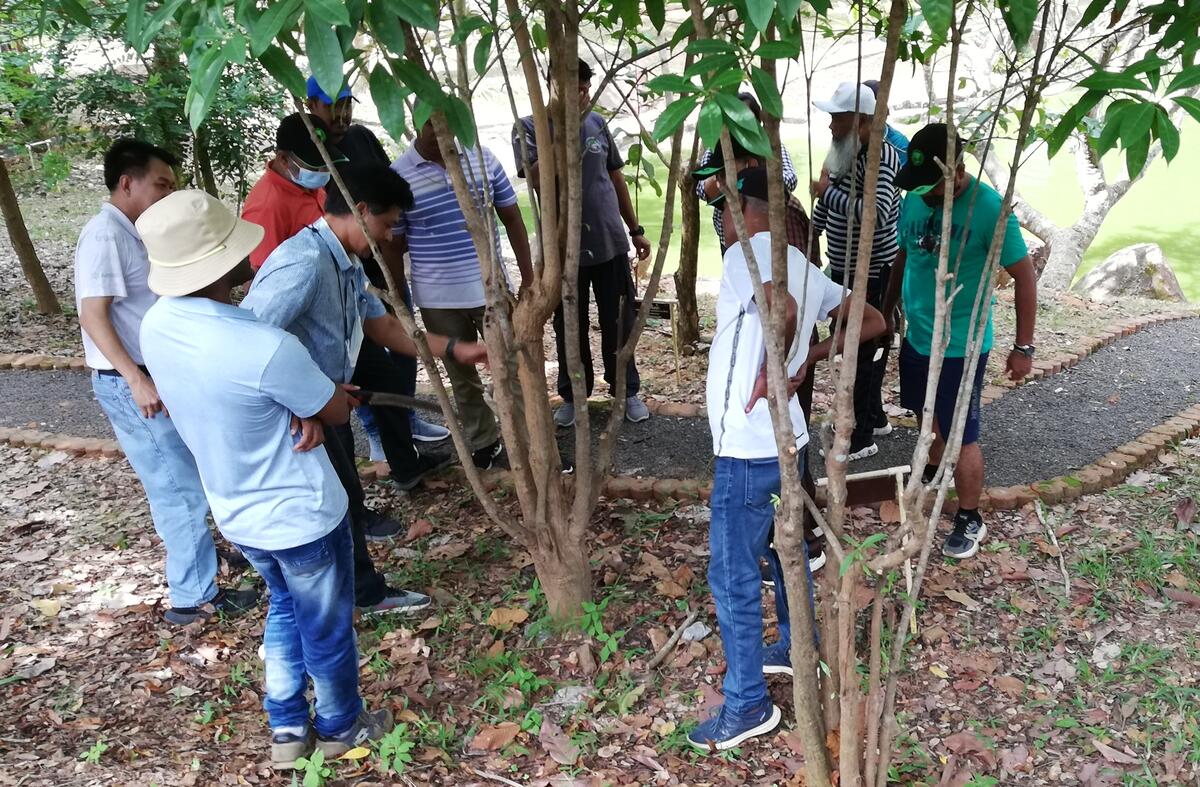 |
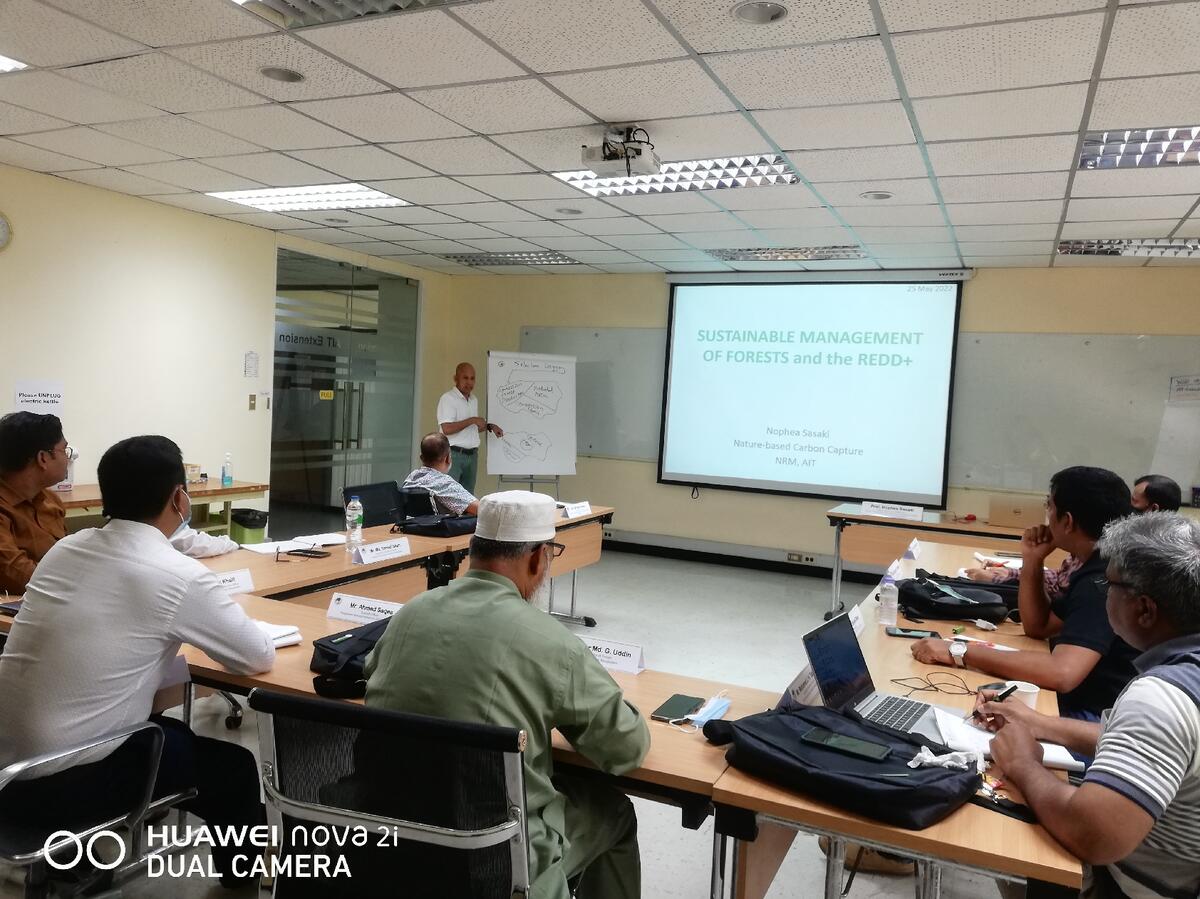 |
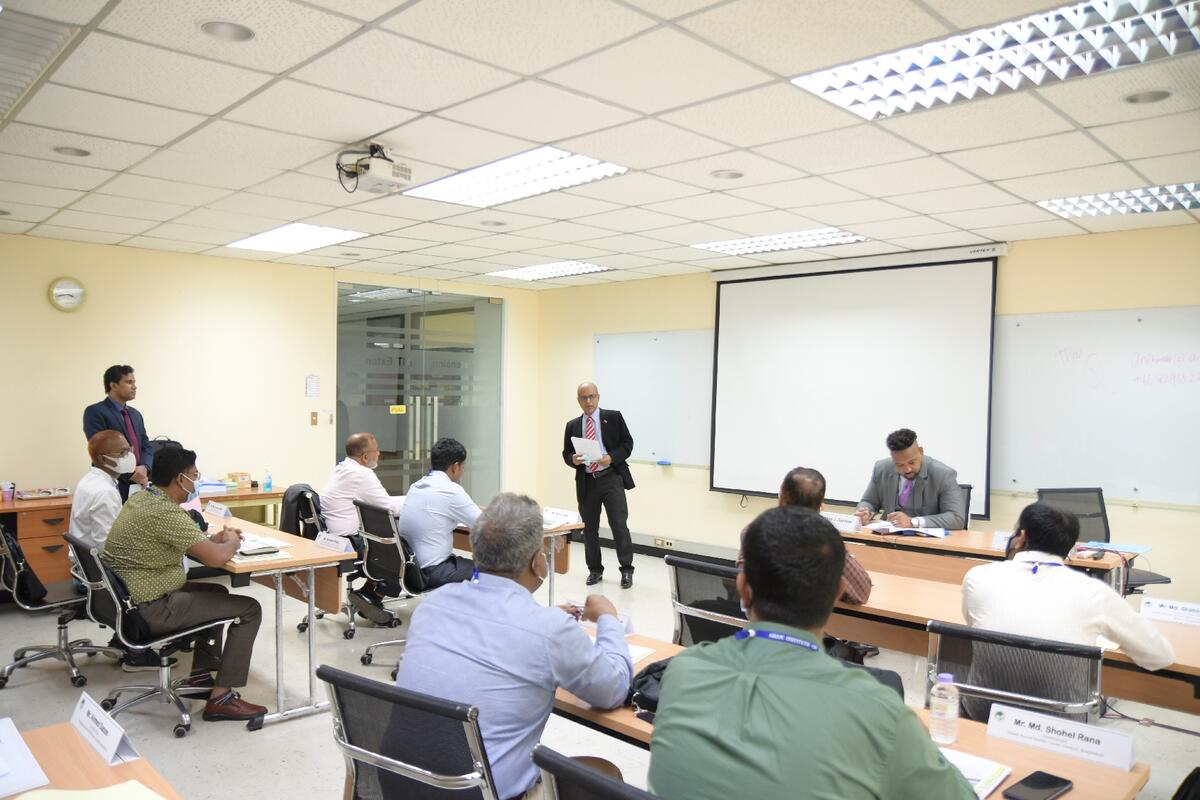 |